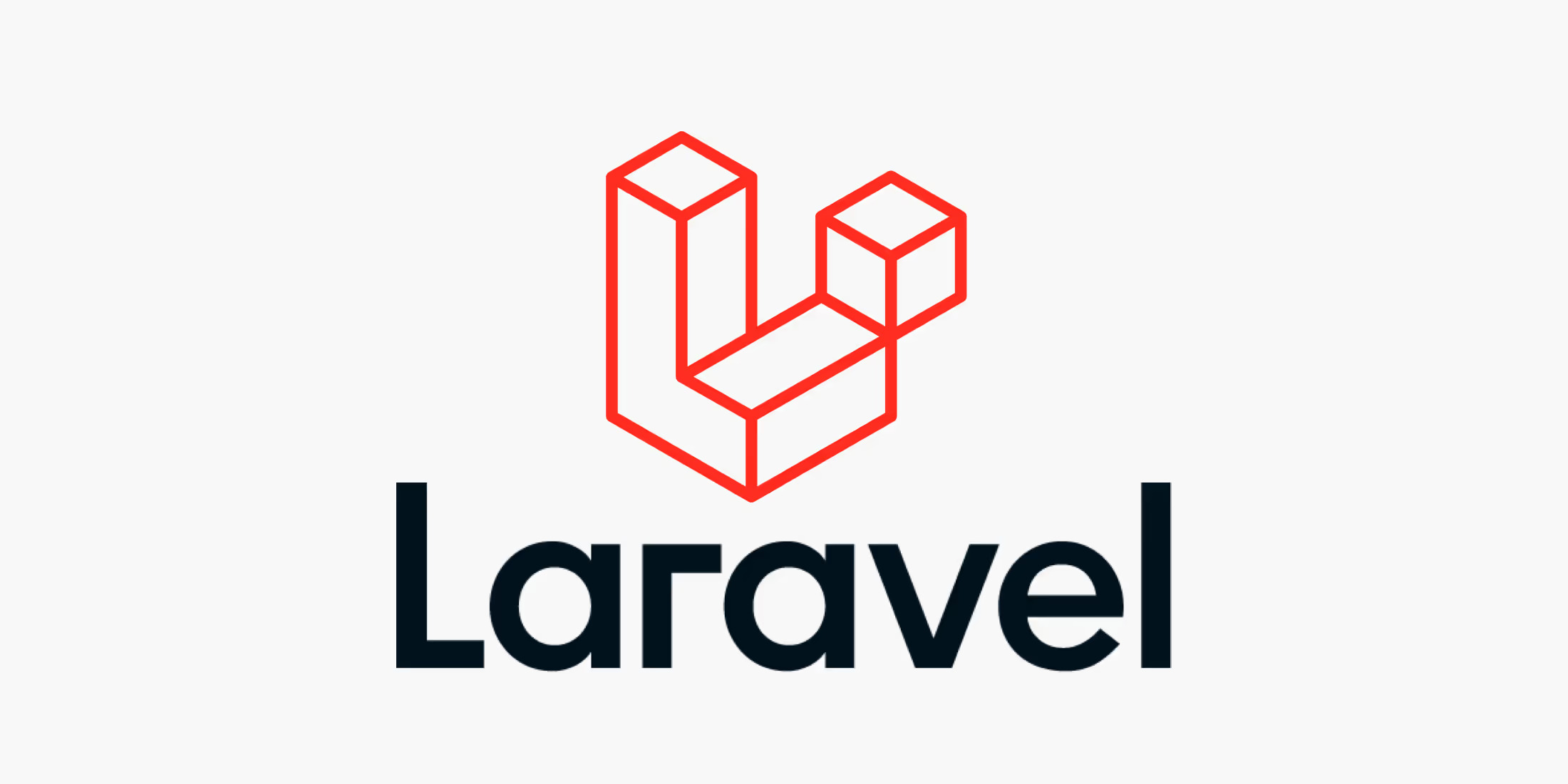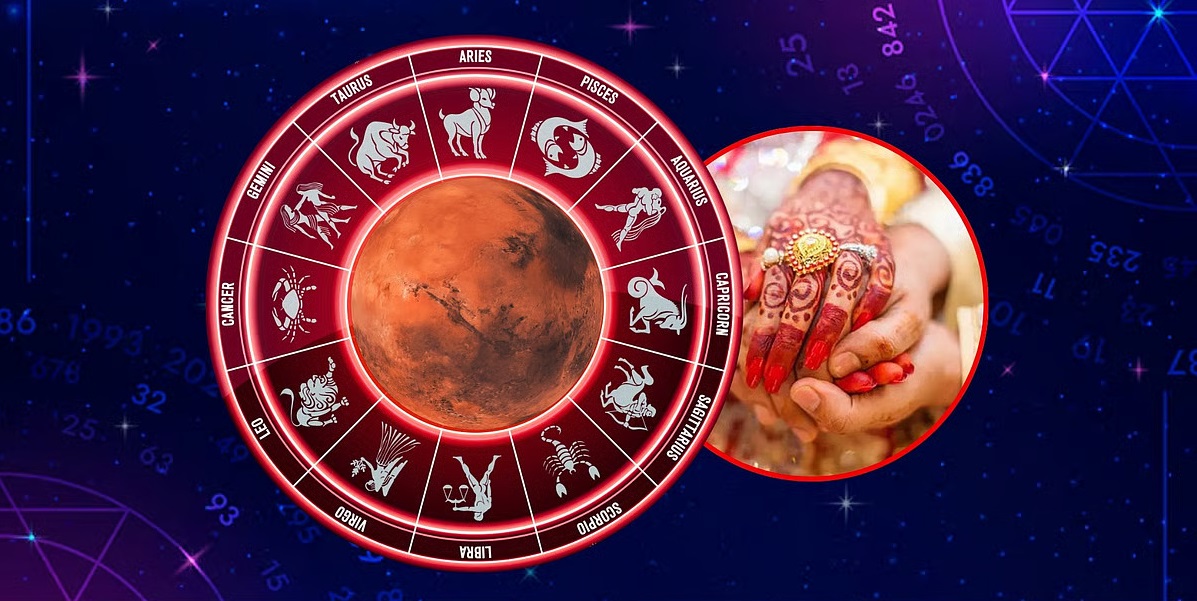Introduction
In the ever-evolving world of web development, one name stands out as a beacon of elegance, power, and developer happiness: Laravel. Born in 2011 from the vision of Taylor Otwell, Laravel has grown from a humble open-source project into the most popular PHP framework, powering millions of websites, APIs, and applications globally. Known for its expressive syntax, robust ecosystem, and developer-friendly tools, Laravel has transformed how programmers build modern web applications. This blog post explores Laravel’s journey, its standout features, its impact on the tech industry, and why it remains the go-to choice for developers in 2025.
Much like Sundar Pichai’s rise from modest beginnings to leading Google, Laravel’s story is one of innovation, community, and relentless pursuit of excellence. Whether you’re a seasoned developer or a curious beginner, join us as we dive into the world of Laravel under our IT > Laravel Development blog category.
The Birth of Laravel
Laravel was created by Taylor Otwell, a developer from Arkansas, USA, who sought to address the shortcomings of existing PHP frameworks like CodeIgniter. In June 2011, Otwell released Laravel 1.0, driven by a desire to make web development not just efficient but enjoyable. He envisioned a framework that combined the best of Ruby on Rails’ elegance with PHP’s accessibility, prioritizing developer experience without sacrificing performance.
Unlike its predecessors, Laravel introduced features like a modular packaging system, an ORM (Object-Relational Mapping) inspired by Rails’ ActiveRecord, and a focus on simplicity. Otwell’s philosophy—“make it expressive, make it intuitive”—set Laravel apart in a crowded field. Over the years, Laravel evolved through major releases (e.g., Laravel 5 in 2015, Laravel 11 in 2024), each adding cutting-edge tools while maintaining backward compatibility and ease of use.
Key Features of Laravel
Laravel’s popularity stems from its rich feature set, designed to streamline development and empower creativity. Here are the standout features that define Laravel in 2025:
Eloquent ORM: Laravel’s Eloquent makes database interactions a breeze, allowing developers to query databases using intuitive PHP syntax. Whether you’re working with MySQL, PostgreSQL, or SQLite, Eloquent simplifies complex relationships like one-to-many or polymorphic associations.
Example: Fetching all posts in a blog category: Category::find($id)->posts.
Blade Templating: Blade, Laravel’s lightweight templating engine, enables developers to create dynamic, reusable views with minimal overhead. Its syntax is clean, and it integrates seamlessly with front-end frameworks like Vue.js.
Example: {{ $post->title }} renders a post’s title in a view.
Artisan CLI: Laravel’s command-line tool, Artisan, automates repetitive tasks like generating models, controllers, or migrations. Commands like php artisan make:model Post save hours of boilerplate coding.
Robust Ecosystem: Laravel offers a suite of first-party tools:
Laravel Nova: A powerful admin panel for managing application data.
Laravel Forge: Simplifies server management and deployment.
Laravel Vapor: A serverless deployment platform for scaling apps on AWS.
Livewire and Inertia.js: Enable modern, reactive front-end development without leaving Laravel’s ecosystem.
Security First: Laravel provides built-in protections against common threats like SQL injection, XSS, and CSRF attacks. Features like Sanctum and Passport make API authentication secure and straightforward.
Community Packages: With thousands of packages on Packagist (e.g., Spatie’s permission management), Laravel’s ecosystem allows developers to extend functionality effortlessly.
Modern PHP Features: Laravel leverages PHP 8.3+ features like attributes, match expressions, and typed properties, ensuring apps are fast and future-proof.
Laravel’s Impact on Web Development
Since its inception, Laravel has reshaped the PHP landscape and influenced web development globally:
Developer Productivity: Laravel’s “convention over configuration” approach reduces setup time, letting developers focus on building features. A 2023 Stack Overflow survey ranked Laravel as the most loved PHP framework, with 65% of developers preferring it for its ease of use.
Global Adoption: From startups to enterprises, Laravel powers diverse applications. Companies like BBC, Pfizer, and 9GAG use Laravel for its scalability. In India, platforms like BookMyShow rely on Laravel for high-traffic APIs.
Open-Source Community: With over 78,000 GitHub stars and 1,500 contributors as of 2025, Laravel’s community drives innovation. Events like Laracon (online and in-person) foster collaboration, with Taylor Otwell often sharing roadmaps for future releases.
Education and Accessibility: Laravel’s documentation, Laracasts (a video tutorial platform by Jeffrey Way), and free resources like Laravel News make it beginner-friendly. This has democratized web development, especially in regions like India, where Laravel bootcamps are thriving.
Full-Stack Evolution: Tools like Livewire and Inertia.js have made Laravel a full-stack powerhouse, rivaling JavaScript-heavy frameworks like Next.js. Developers can build real-time, interactive apps without leaving PHP.
Laravel in 2025: What’s New?
As of April 2025, Laravel continues to evolve, with Laravel 11 (released in 2024) introducing:
Slimmer Skeleton: A minimalist application structure for faster setup.
Improved Performance: Optimizations in routing and middleware, making Laravel apps 20% faster than Laravel 10.
Enhanced Testing: Pest, a testing framework, is now a first-class citizen alongside PHPUnit.
AI Integration: Laravel’s ecosystem embraces AI with packages for integrating OpenAI’s APIs, enabling features like content generation or chatbots.
Recent updates also include:
Laravel Breeze and Jetstream: Simplified authentication scaffolding for modern apps.
Vite Integration: Faster asset compilation for front-end development.
Community Buzz: Posts on X highlight Laravel’s dominance, with developers praising its “elegant DX (developer experience)” and tools like Laravel Pulse for app monitoring.
Why Choose Laravel?
Laravel’s appeal lies in its balance of power and simplicity. Here’s why it’s the framework of choice in 2025:
For Beginners: Clear documentation and Laracasts make learning Laravel accessible. A beginner can build a blog in hours using Laravel’s scaffolding.
For Professionals: Features like queued jobs, event broadcasting, and microservices support make Laravel ideal for complex projects.
For Businesses: Laravel’s scalability and rapid development cycle reduce costs. A 2024 case study showed a startup cutting development time by 40% using Laravel Vapor.
For Communities: Laravel’s open-source ethos fosters collaboration, with packages and tutorials freely shared.
Challenges and Criticisms
No framework is perfect. Laravel faces occasional critiques:
Learning Curve for Large Apps: While beginner-friendly, mastering Laravel’s advanced features (e.g., service containers) can be daunting.
Performance vs. JavaScript Frameworks: Some argue Node.js or Go-based frameworks outperform Laravel for ultra-low-latency APIs, though Laravel’s caching and optimization mitigate this.
Community Overload: The vast ecosystem can overwhelm new developers choosing between tools like Livewire, Inertia, or traditional Vue.js.
Despite these, Laravel’s active maintenance and community support ensure it adapts to modern demands.
Getting Started with Laravel
Ready to dive into Laravel Development? Here’s how to begin:
Install Laravel: Use Composer: composer create-project laravel/laravel my-blog.
Explore Tutorials: Visit Laracasts or Laravel’s official docs.
Build a Project: Start with a simple blog or todo app to learn routing, Eloquent, and Blade.
Join the Community: Follow Laravel News on X or attend Laracon events.
Contribute: Submit packages to Packagist or contribute to Laravel’s GitHub.
Why Laravel Matters
Laravel’s journey mirrors the rise of visionaries like Sundar Pichai—born from a single idea, nurtured by passion, and elevated by a global community. It’s more than a framework; it’s a movement that empowers developers to create, innovate, and dream big. In 2025, as web development embraces AI, serverless architectures, and real-time apps, Laravel remains at the forefront, proving that PHP is far from outdated.
From startups in Silicon Valley to tech hubs in Bengaluru, Laravel is the backbone of countless success stories. Whether you’re building a personal blog or a global e-commerce platform, Laravel offers the tools to turn ideas into reality. So, fire up your terminal, install Laravel, and join the millions who are shaping the web’s future—one elegant line of code at a time.












Recent Comments
No comments yet.